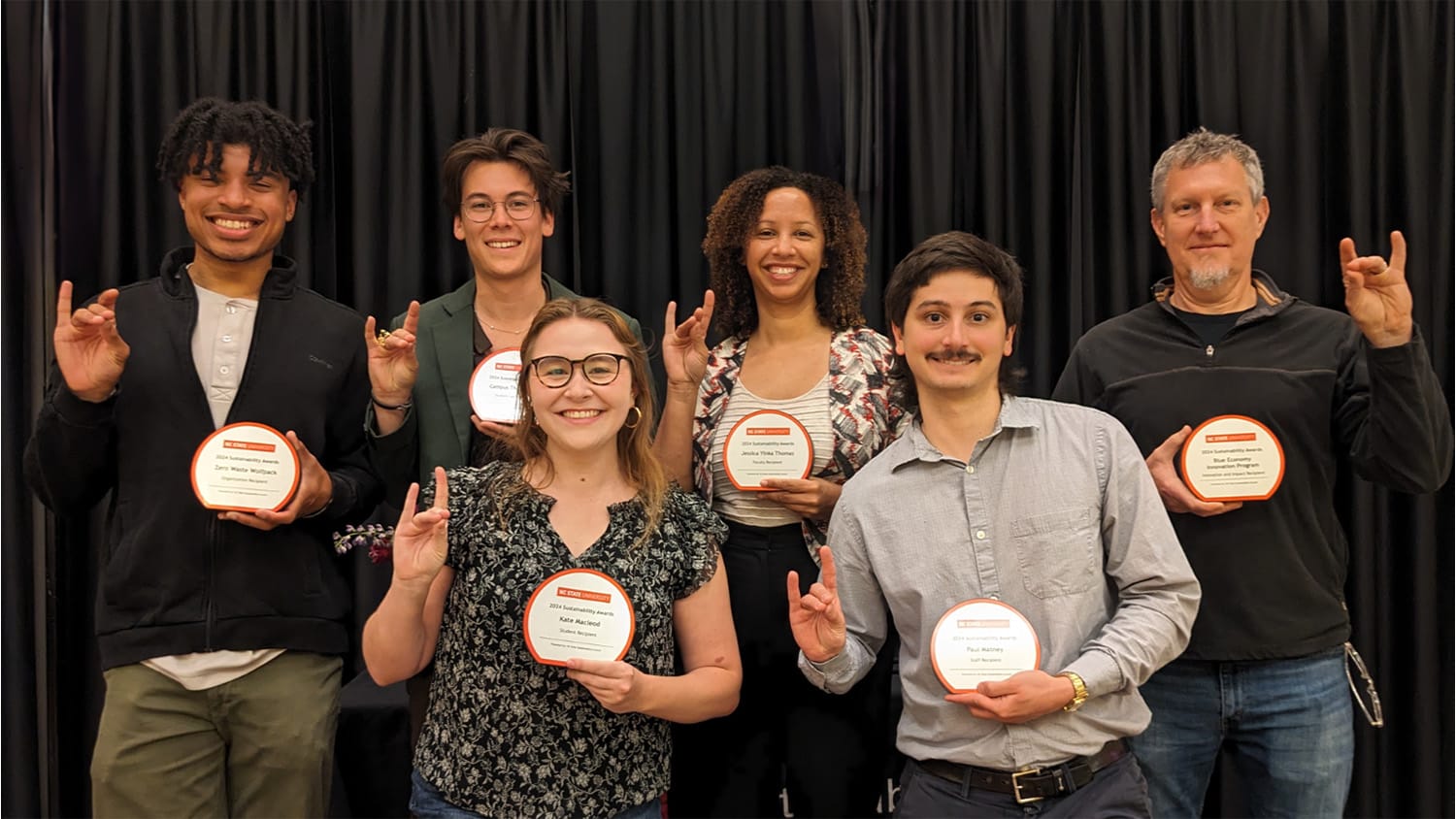Survey: Hiding Risks Can Hurt Public Support For Nanotechnology
A new national survey on public attitudes toward medical applications and physical enhancements that rely on nanotechnology shows that support for the technology increases when the public is informed of the technology’s risks as well as its benefits – at least among those people who have heard of nanotechnology. The survey, which was conducted by researchers at North Carolina State University and Arizona State University (ASU), also found that discussing risks decreased support among those people who had never previously heard of nanotechnology – but not by much.
“The survey suggests that researchers, industries and policymakers should not be afraid to display the risks as well as the benefits of nanotechnology,” says Dr. Michael Cobb, an associate professor of political science at NC State who conducted the survey. “We found that when people know something about nanotechnologies for human enhancement, they are more supportive of it when they are presented with balanced information about its risks and benefits.”

The survey was conducted by Cobb in collaboration with Drs. Clark Miller and Sean Hays of ASU, and was funded by the Center for Nanotechnology in Society at ASU.
However, talking about risks did not boost support among all segments of the population. Those who had never heard of nanotechnology prior to the survey were slightly less supportive when told of its potential risks.
In addition to asking participants how much they supported the use of nanotechnology for human enhancements, they were also asked how beneficial and risky they thought these technologies would be, whether they were worried about not getting access to them, and who should pay for them – health insurance companies or individuals paying out-of-pocket. The potential enhancements addressed in the survey run the gamut from advanced cancer treatments to bionic limbs designed to impart greater physical strength.
One segment of participants was shown an image of an unrealistic illustration meant to represent a nanoscale medical device. A second segment was shown the image and given a “therapeutic” framing statement that described the technology as being able to restore an ill person to full health. A third segment was given the image, along with an “enhancement” framing statement that described the technology as being able to make humans faster, stronger and smarter. Two additional segments were given the image, the framing statements and information about potential health risks. And a final segment of participants was not given the image, a framing statement or risk information.
The survey found that describing the technology as therapeutic resulted in much greater public support for the technology, as well as a greater perception of its potential benefits. The therapeutic frame also resulted in increased support for health insurance coverage of nanotech treatments once they become available, and increased concerns that people wouldn’t be able to afford such treatments without insurance coverage.
“These findings suggest that researchers, policymakers and industries would be well advised to focus their research efforts on developing therapeutic technologies, rather than enhancements, because that is the area with the greatest public support,” Cobb says.
The use of the nanotech image did not have a significant overall impact on participants’ support, but did alarm people who were not previously familiar with nanotechnology – making them less likely to support it.
The survey was conducted by Knowledge Networks between April 2-13. The survey included 849 participants, and has a margin of error of plus or minus 3.3 percent.
NC State’s Department of Political Science is part of the university’s College of Humanities and Social Sciences.
-shipman-


